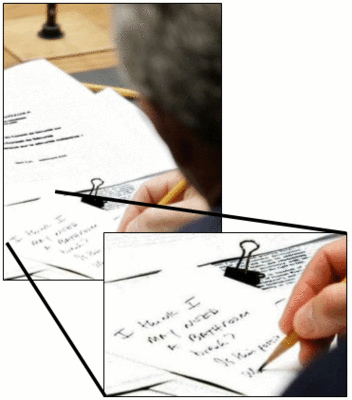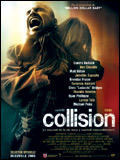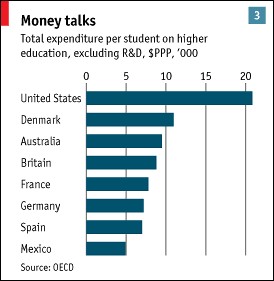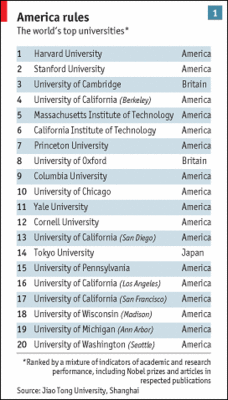From a European perspective the anti-climax of Rita comes almost as a disappointment... All that for that!
After all, the French - as well as most European - news media have been fascinated by Hurricane Katrina and its consequences. They have usually taken the opportunity not only to (rightly) criticize the Bush administration but also to lash against the "American model" as the disaster has exposed the terrible situation of black Americans in the American society. (to which I usually respond that not all of the U.S. is the South)
But John Tagliabue from the New York Times draws, in an article published in the Herald Tribune, an interesting parallel between the situation in France and that of the U.S.
In this, he is not the only one - the French conservative newspaper Le Figaro, for instance, has done the same thing. But he has done a good job, I think, at understanding the root of the French refusal to see a possible parallel:
France has long boasted of itself as the cradle of human rights and a bulwark against racism. It regularly denounced racism in the United States, and the road from Harlem to Paris was wide, inviting talented American blacks like the dancer Josephine Baker, musicians like Sidney Bechet, and writers like Richard Wright and James Baldwin.
But French insistence on the equality of man leaves them in a bind, their black critics say, perpetuating the fiction of a society without minorities.
The institutions are so much in denial that it is unlawful to list people by race in a census in France. Here is the French dream : there are no blacks or Arabs, or muslims there are only French people. So as a result no one knows exactly the number of blacks or people of Arab descent in France. There are only estimates. You can only know the number of non-French people living in France.
Most French people acknowledge there are problems (how could they not!) but they usually believe that the main cause is economic or social and not racial. But since there is no means of making official surveys of racial minorities, the discussion is pointless.
Unfortunately, this topic has only been addressed by the wanna-be-next-president interior minister Nicolas Sarkozy [To sum it up, he may be our French Thatcher or Merkel, it depends…] As much as I disagree with him on a great range of subjects, I think his proposition of affirmative action and the requirement that résumés conceal a person's ethnic or racial identity is good. But as the NYTimes article pointed out:
But the rest of the cabinet, including the minister for equal opportunity, rejected the ideas, saying they offended the fundamental principle of equality
So there is a long way to go. And the first step might be to allow census by race so that we can assess the reality and stop living in a dream of institutionalized equality.







